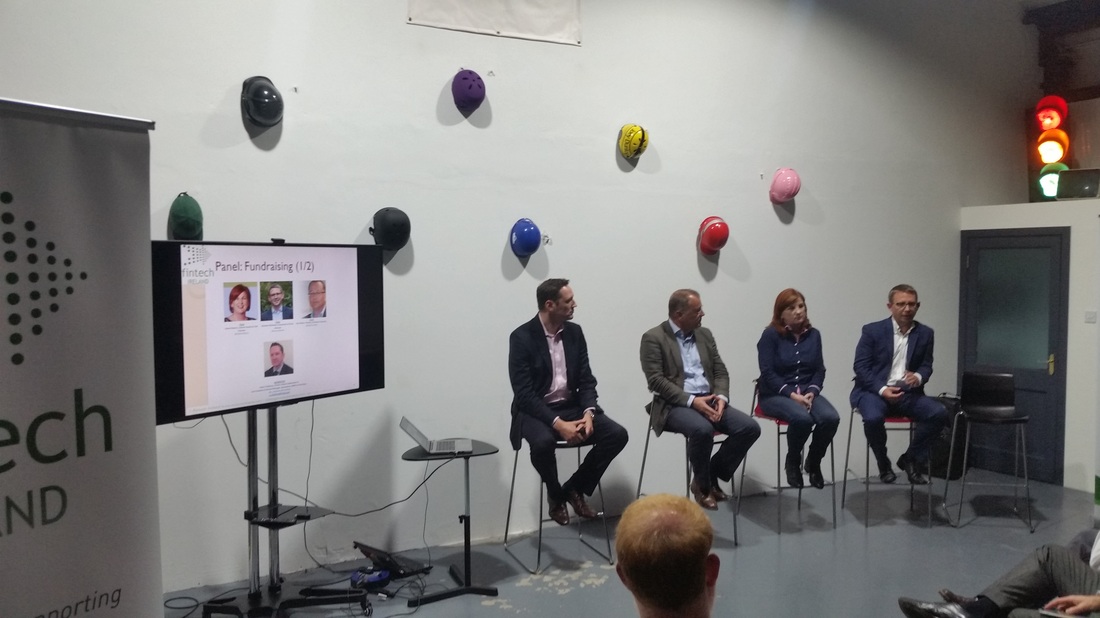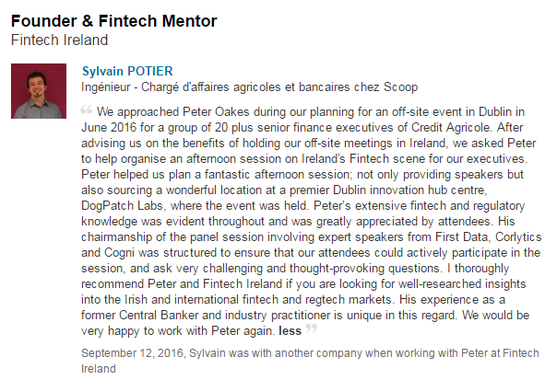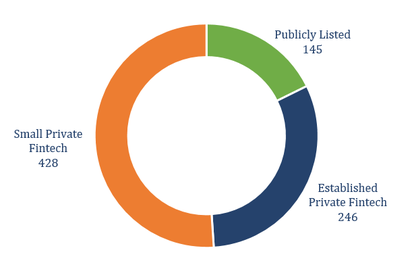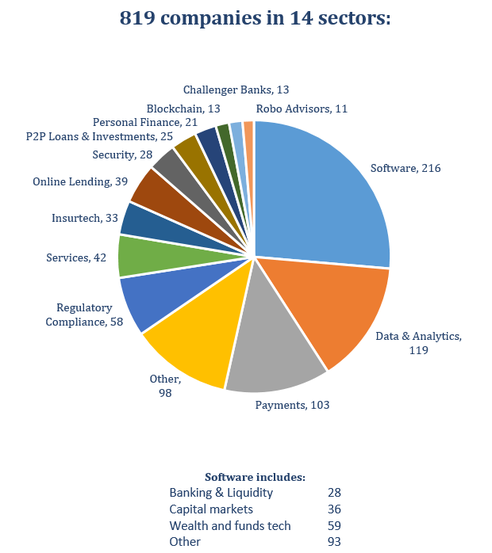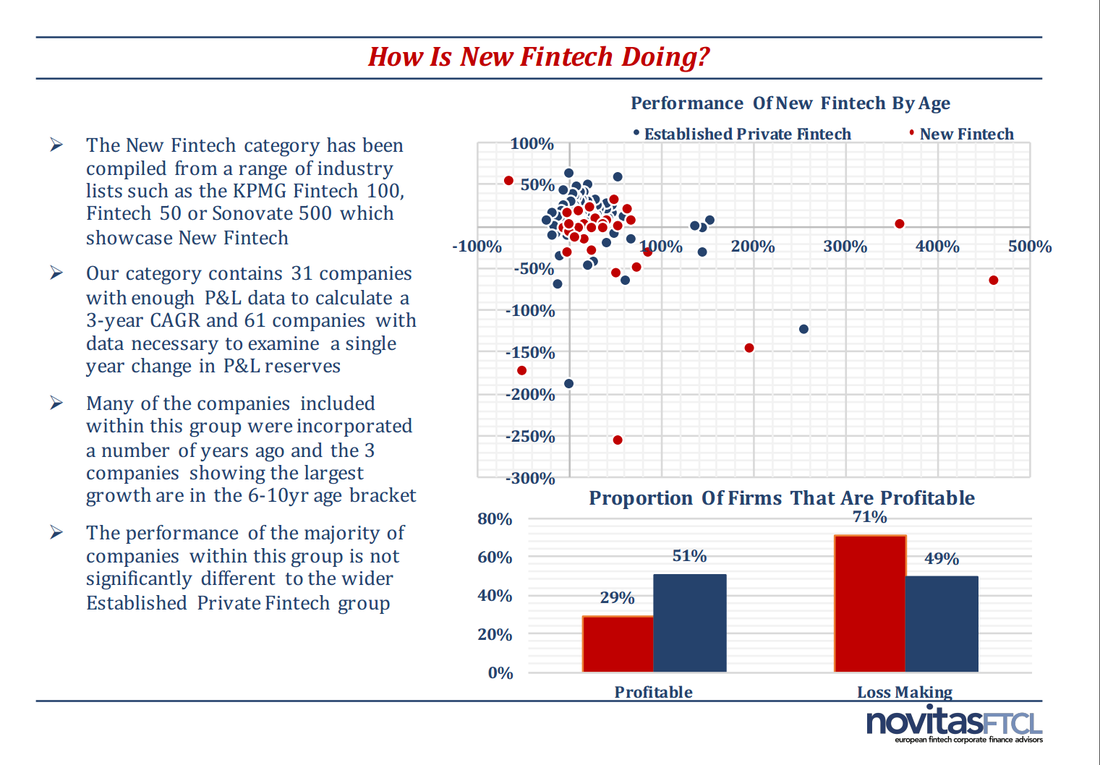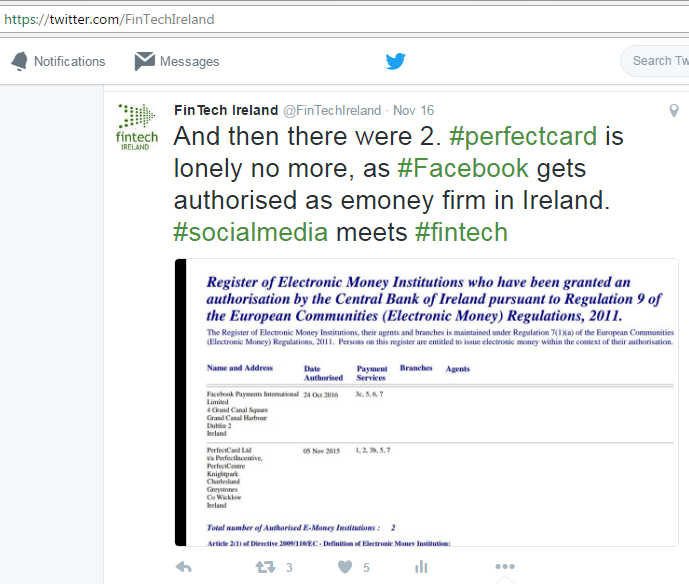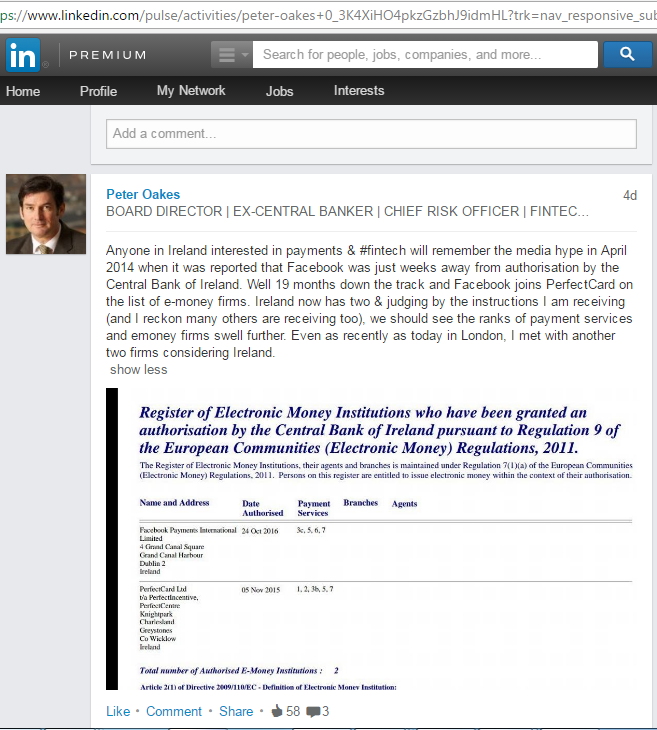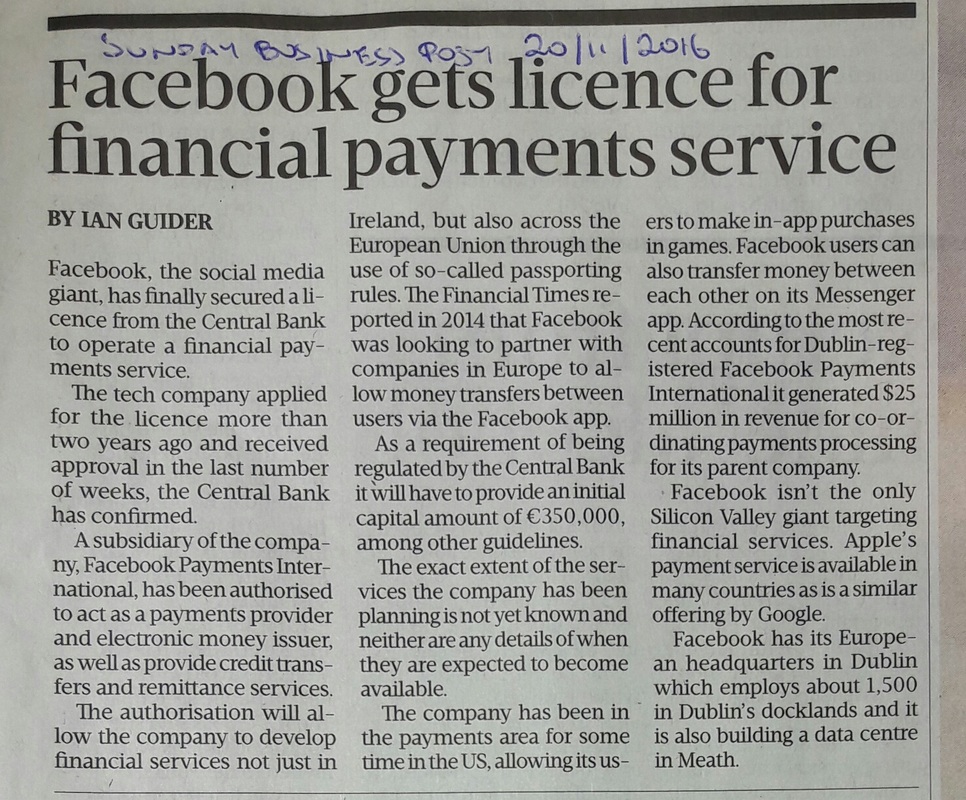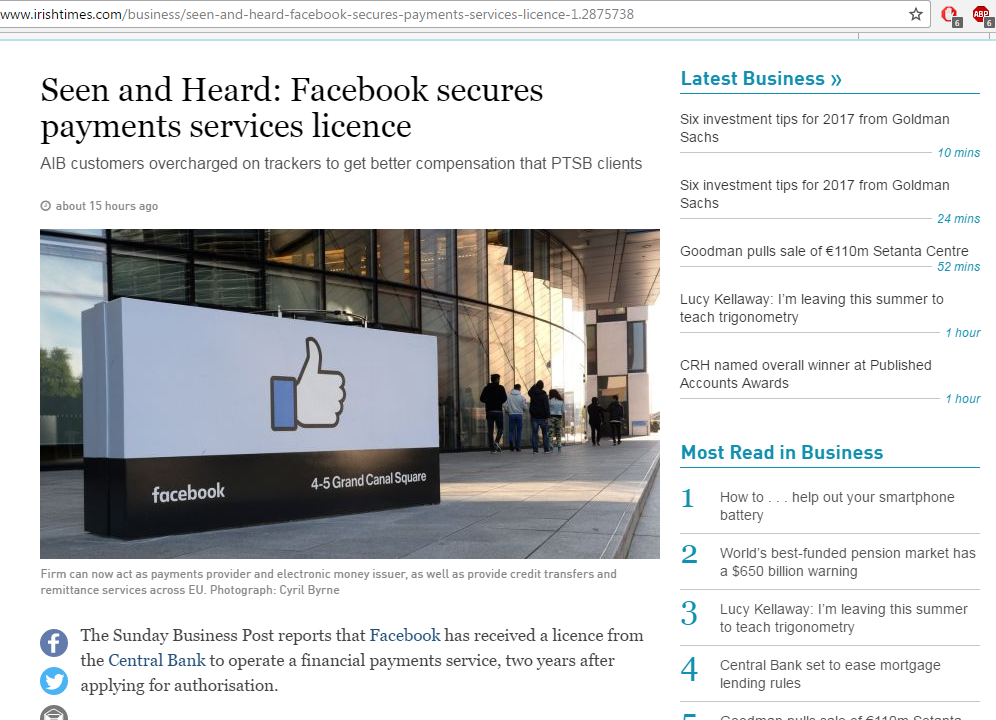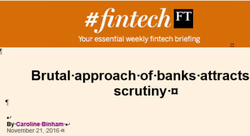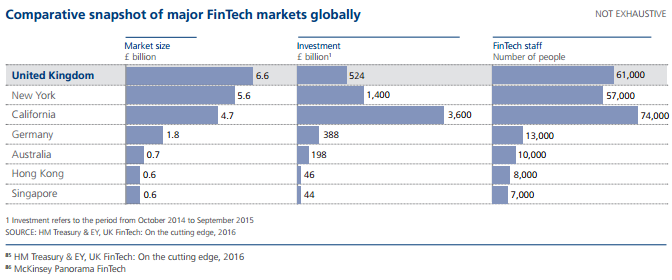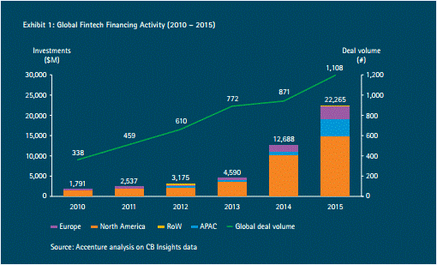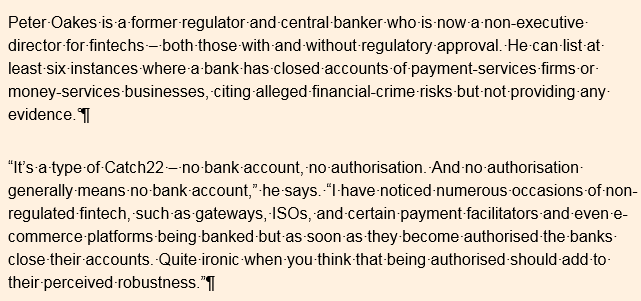
We are often asked by startups where can they find free sample agreements to read and learn from before writing their own. We always advise that unless you are competent to draft such important agreements that startups take appropriate professional advice. If you need to locate a professional adviser, we know a few through our community of fintech supporters. Email [email protected] with your request and we'll see what we can do.
Below are some publicly available templates you could choose to reference to get a better understanding of some of the specimen clauses you might consider for your own agreement. We have located these via internet searches. We do not recommend nor endorse any of the material linked or uploaded. Some of these agreements might be out of date in terms of the laws which they refer to. In any event, we hope they help with your research. If you know of other publicly available Irish law sample agreements, together with the links, let us know at [email protected]
Ireland
- Enterprise Ireland - CSF Subscription & Shareholders Agreement
- IVAC - Standardised Terms for Shareholder Agreements
- LegalPrecedents.ie - Shareholder Agreement
- IVAC - Non-Disclosure Agreement
- New 08/01/2017 - (i) General Termsheet v1 (ii) Angel Termsheet v1
- New 13/04/2017 - Sample written statement of terms of employment (pdf) on workplacerelations.ie. [NB The Terms of Employment (Information) Acts 1994–2014 provide that an employer is obliged to provide an employee with a written statement of terms of employment within the first 2 months of the commencement of employment. However, this requirement does not apply to an employee who has been employed for less than a month. Fintech Ireland does not recommend that you cut corners when drafting and negotiating any type of contract, this is particularly the case for employment contracts! If you need help, seek professional advice. If you don't know any employment lawyers, contact us and we may be able to suggest some names to you.]

